Search
Showing results for "aboriginal respiratory"
We report a 4-year-old Australian Aboriginal girl who was born at 32 weeks gestation with features strongly suggestive of Silver-Russell syndrome
We review findings from our previous studies which show the application of a person-based resilience framework of analysis in the context of WA aboriginal youth
The Wittenoom mining operation has had a disproportionate effect on malignant mesothelioma incidence in the local Aboriginal population

Dr Alex Brown to take up a new appointment as Professor of Indigenous Genomics.
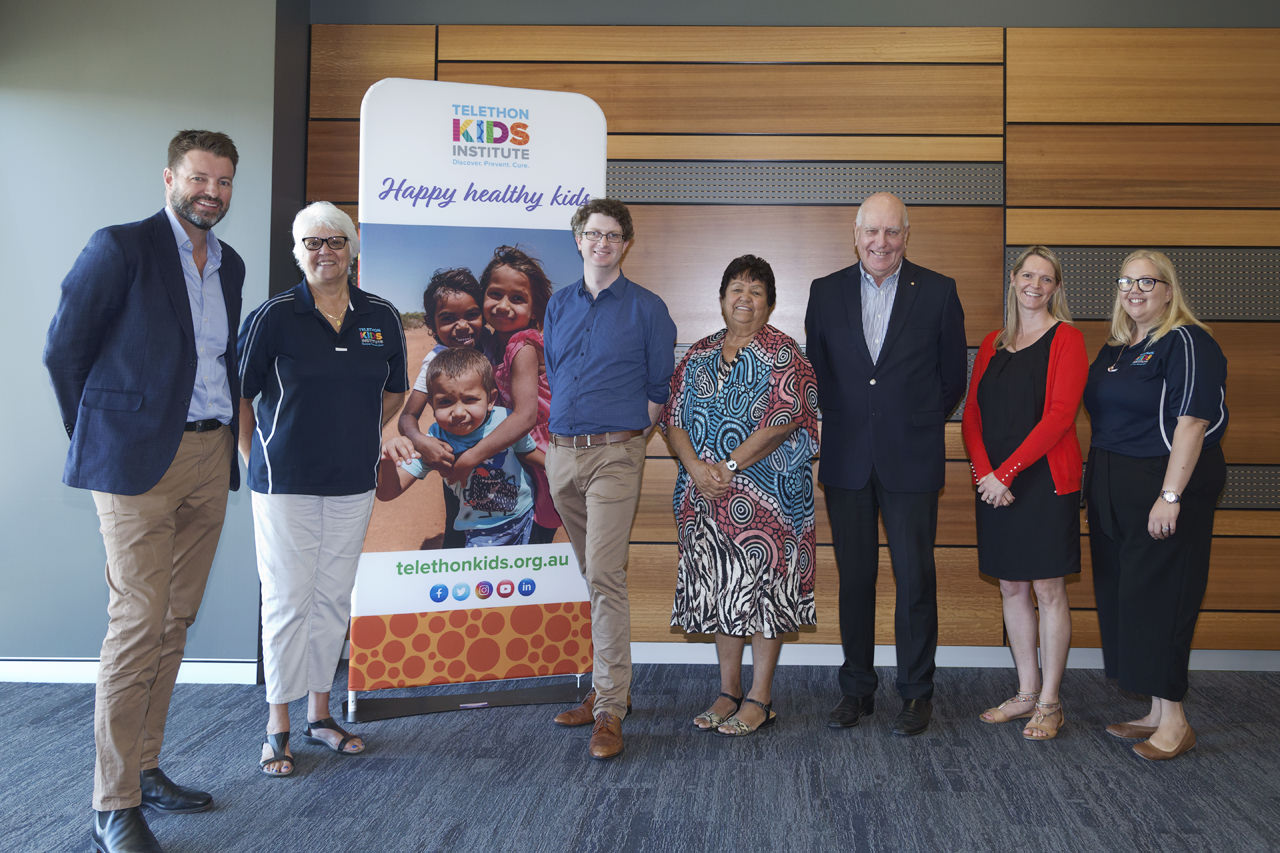
Every year 650,000 Australian children suffer from recurrent or chronic middle ear infections called otitis media (OM).

A landmark study has revealed an increase in the prevalence of mental health related issues among mothers of Aboriginal children in Western Australia.
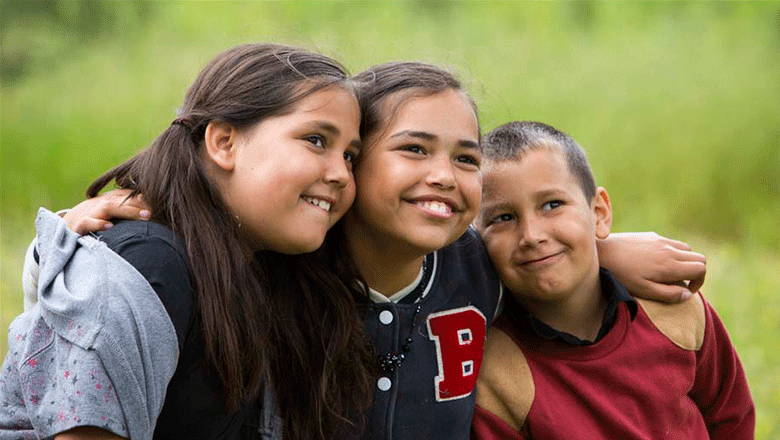
The Kids Research Institute Australia is pleased to announce its membership of Supply Nation, a leader in supplier diversity that works to connect Australian companies
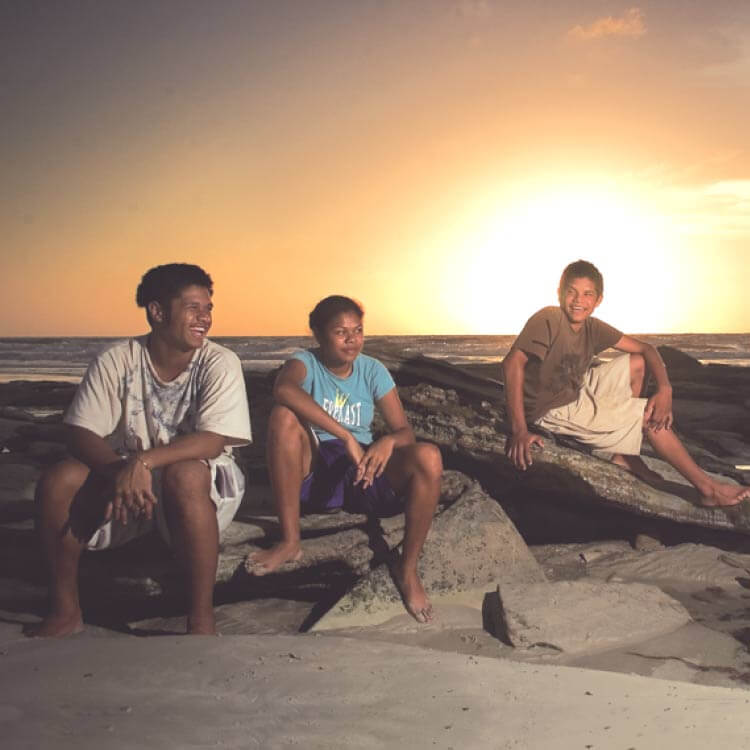
The Kids created history by surveying 1 in 6 indigenous children across the State and collecting information on just how this generation is travelling.
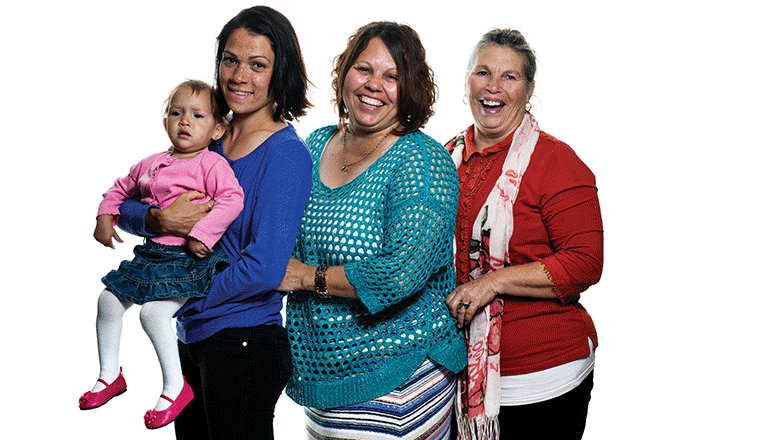
A multi-faceted study led by a Murdoch University researcher will influence the way maternity services support Aboriginal women in WA during pregnancy and birth
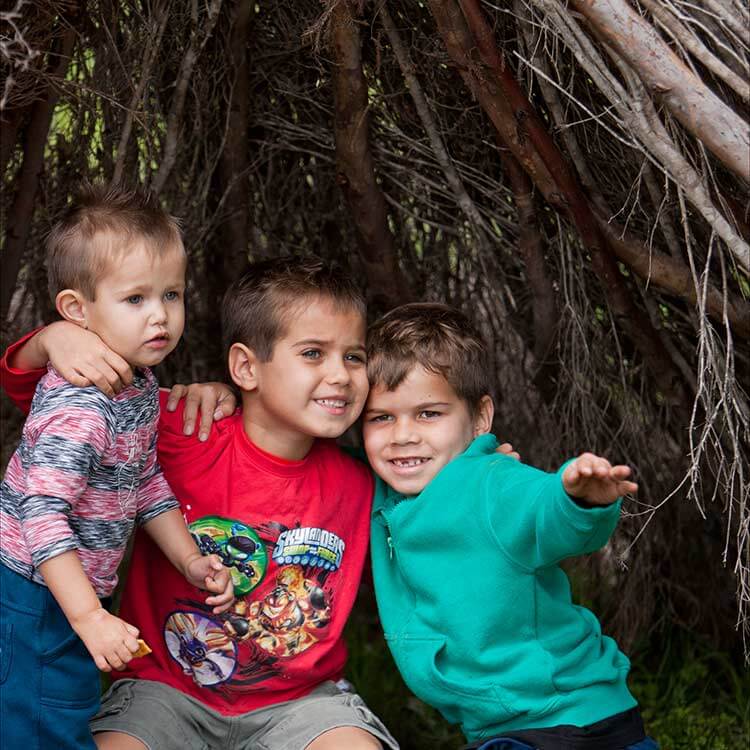
A new study has found that having a friend with good social skills and a supportive family may make a critical difference to the resilience of Aboriginal youth
